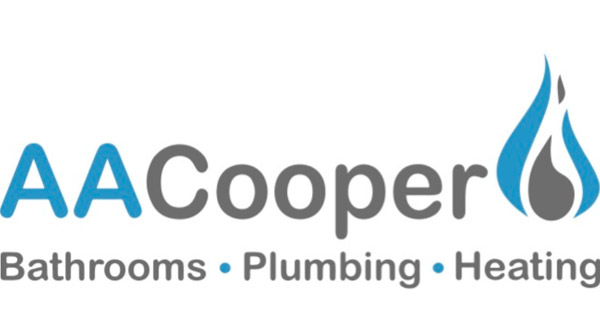Whether a hobby or a necessity, there are some DIY jobs that simply stress us out. Perhaps our new home improvement task ended up taking more time, costing more money or was more difficult than we originally thought, turning something fun into something less fun.
Using the most-searched DIY jobs in the UK (using ‘difficulty queries’ across UK Google), researchers have honed in on the tasks we find the most taxing. Check out the top ten:
- Plastering a ceiling
- Hanging wallpaper (one wall)
- Unblocking drains (using chemicals)
- Tiling a bathroom floor
- Removing grout from bathroom tiles
- Hanging doors
- Installing a toilet
- Assembling flat pack furniture
- Changing a door handle
- Installing a power shower
What about which areas in the UK are most stressed about what?
- Plymouth – Plastering a ceiling
- Aberdeen – Hanging wallpaper (one wall)
- London – Unblocking drains (using chemicals)
- Cardiff – Tiling a bathroom floor
- Bristol – Removing grout from bathroom tiles
- Aberdeen – Hanging doors
- Northampton – Installing a toilet
- Leeds – Assembling flat pack furniture
- Norwich – Changing a door handle
- Liverpool – Installing a power shower
One of the biggest causes of DIY stress is time – often, the longer a job takes to complete, the greater the chance of something going wrong and the more likely we are to get worked up about it.
It’s also interesting that four of the most stressful DIY jobs in the top ten are directly linked to bathroom improvement – tiling a bathroom floor, removing grout from bathroom tiles, installing a toilet and installing a power shower.
The antidote to stress could be to allow for a margin of error. Things may take longer, cost more and we may not get it perfect the first time. Planning is also important – working out a maximum budget and time scale. If you’re still uncertain it might be worth your sanity (and budget) to consult a professional.
For all your plumbing and installation needs, feel free to contact the team on 01689 485007 or info@aacooper.co.uk – we’re happy to help.
Source: Victorianplumbing.co.uk (To find out more about this research, visit Victorianplumbing.co.uk)

